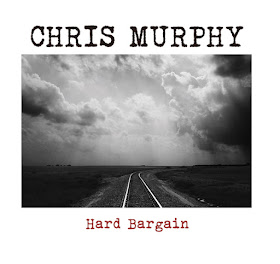OFFICIAL: http://www.gracefreeman.net/
Written by Jason Hillenburg, posted by blog admin
Grace
Freeman is an artist who immediately impresses as a talent with confidence and
a skill set far beyond her nineteen years. One shouldn’t lightly throw terms
like “prodigy” around, but it’s apparent upon encountering Grace Freeman’s music
that you’re contending and being entertained by a truly special voice – both as
a singer and songwriter. She exercises command and care over the material on
her solo debut Shadow that outstrips what we’ve heard from her peers and
touches on avowed influences like Joni Mitchell, Regina Spektor, The Cure, and
The Beach Boys’ Brian Wilson, among others, while retaining an instantly identifiable
musical, lyrical, and vocal identity. The eleven songs included on the release
are reflective, as well, of the exponential growth in her talent since she
first began writing songs at age ten and performing at open mics by age thirteen.
She’s learned her artistic lessons so far and the future seems boundless based
on this offering.
“Oliver”
is a muted and deeply meditative opener. The production multi-tracks Freeman’s
voice at select points and it accentuates the natural ethereal lilt in her
voice without ever risking self-indulgence. The guitar work is understated and
weaves throughout its duration with eloquent fluency. Freeman’s title song is
built around piano instead of acoustic guitar and the arrangement is nearly as
spartan. Bringing drumming into the song imbues it with a much more dramatic
quality and it’s further testimony to the depths of her talent that, at even
such a young age, she’s able to bring this sort of feel off without succumbing
to the purple, overwrought hand of youth. The near shuffle jaunt of “Trying to
Say Goodbye” tempers its melancholy sentiments in a significant and artful way
and there’s a lightly playful quality in her vocal that never undercuts the
seriousness of the song. She comes across with such cool confidence, wearing each
song like a loose garment, and the emotive connection she establishes with each
track makes it a more memorable listening experience.




